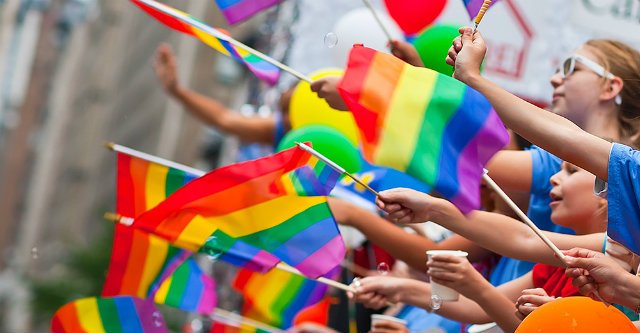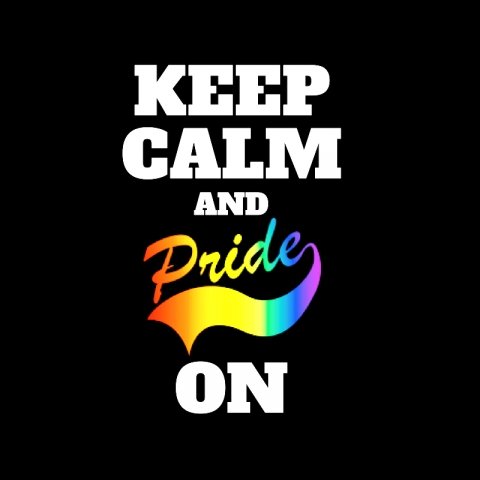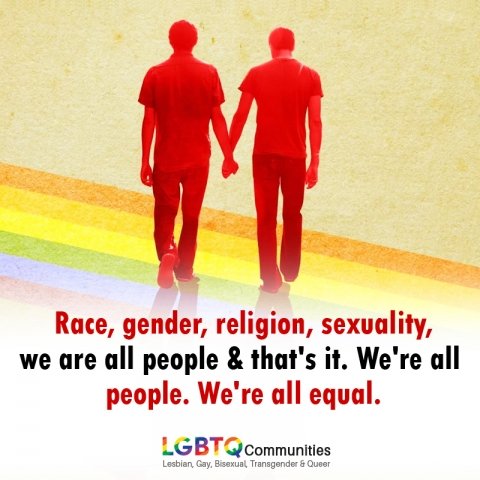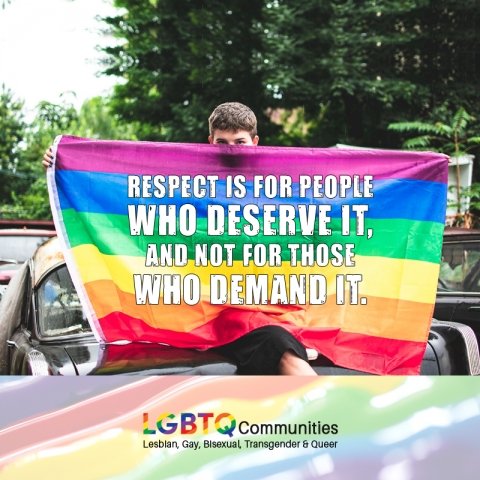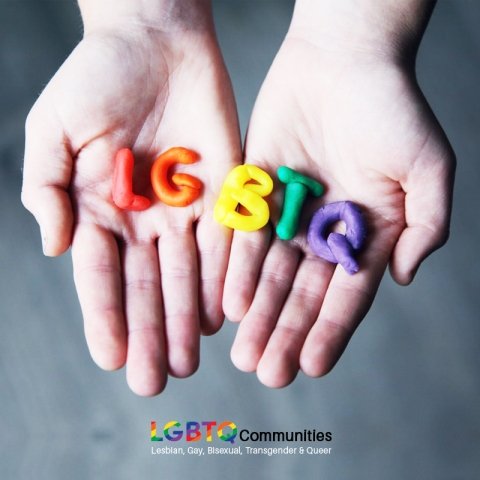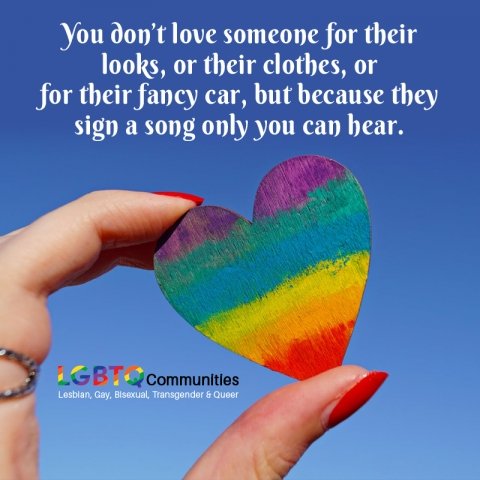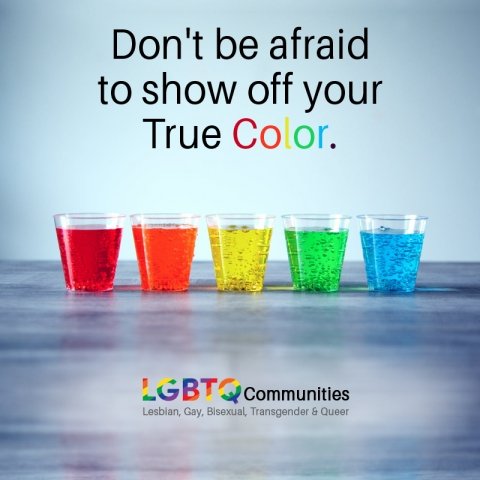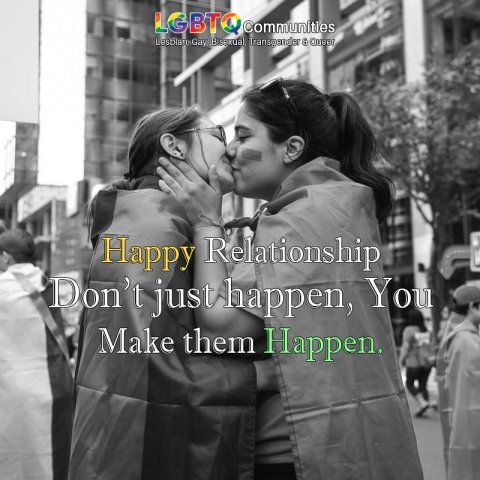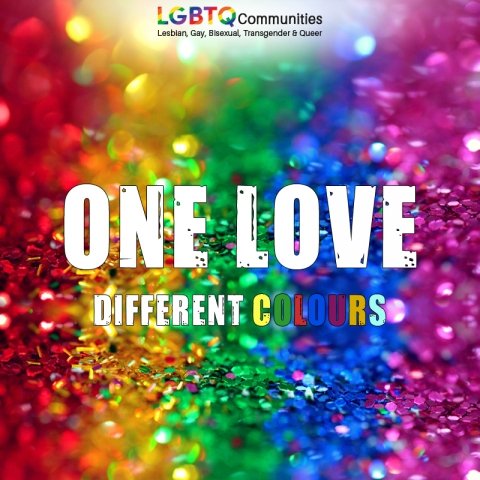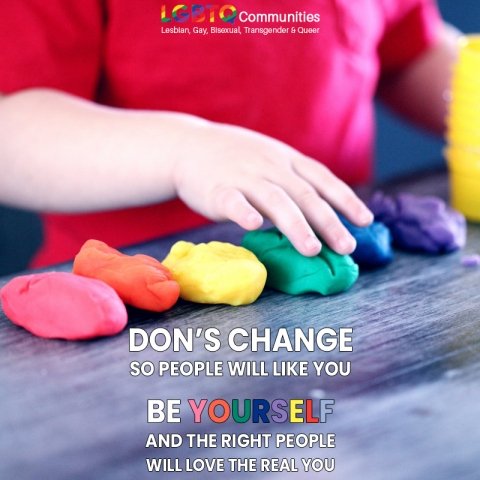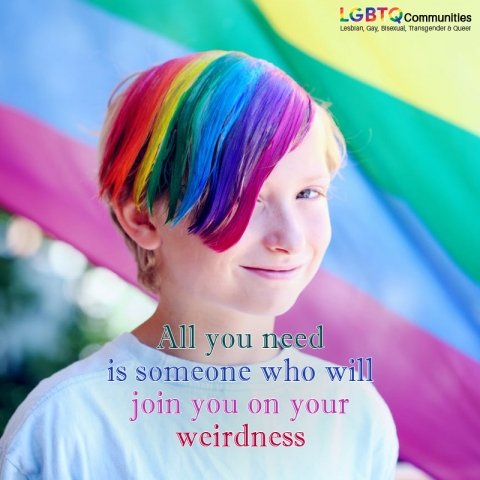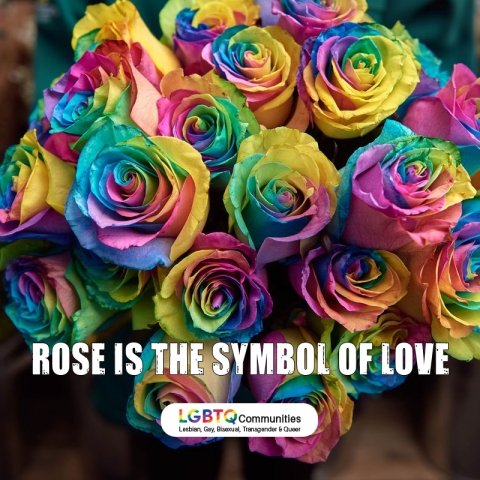How LGBT Pride Month went from movement to marketing
June is LGBT Communities Pride Month, and in the past 50 years, it has grown into a massive money-making machine with an estimated 1,500 Pride events globally.
June is LGBT Pride Month, and in the past 50 years, it has grown into a massive money-making machine with an estimated 1,500 Pride events globally. It’s become a month when big businesses can show their support for the community and their employees. It’s also an opportunity to win over the support of LGBT consumers by shelling out millions on Pride-related ads, sponsorship’s and merchandise.

In June 2019, New York hosted World Pride, which honored the 50th anniversary of the Stonewall Riots. Those events maxed out the city’s hotel capacity in June, and while an official report has not been published on how much money the events made for businesses in the city, it’s estimated to be in the hundreds of millions of dollars.
But due to the global COVID-19 pandemic, June 2020 is looking much different. Most Pride organizers have pivoted to virtual platforms. Inter Pride, the overseeing body for World Pride, is co-producing an international virtual event called Global Pride, which will hit each time zone with new content, performances and speeches made for and by the countries within that time zone.

This is a first for Pride organizers, so many weren’t exactly sure what a virtual Pride would look like, especially when discussing ads and sponsorship. Despite hardships, many big corporate donors are still thinking of creative ways to be involved.
But in the past decade, some members of the LGBTQ communities are disturbed that many Pride events have focused too much on sponsorship’s and not enough on LGBT rights. Organizations like the Reclaim Pride Coalition are trying to make sure these corporations are really walking the walk for the LGBTQ communities, not just using Pride as a marketing opportunity.
With all of the changes to this year’s lineup, many are left wondering how these virtual events will maintain their support of small LGBT owned businesses, such as restaurants, bars and brick-and-mortar stores, as well as LGBTQ focused nonprofits, many of which heavily rely on the revenue spike in June to keep their doors open and services running.

